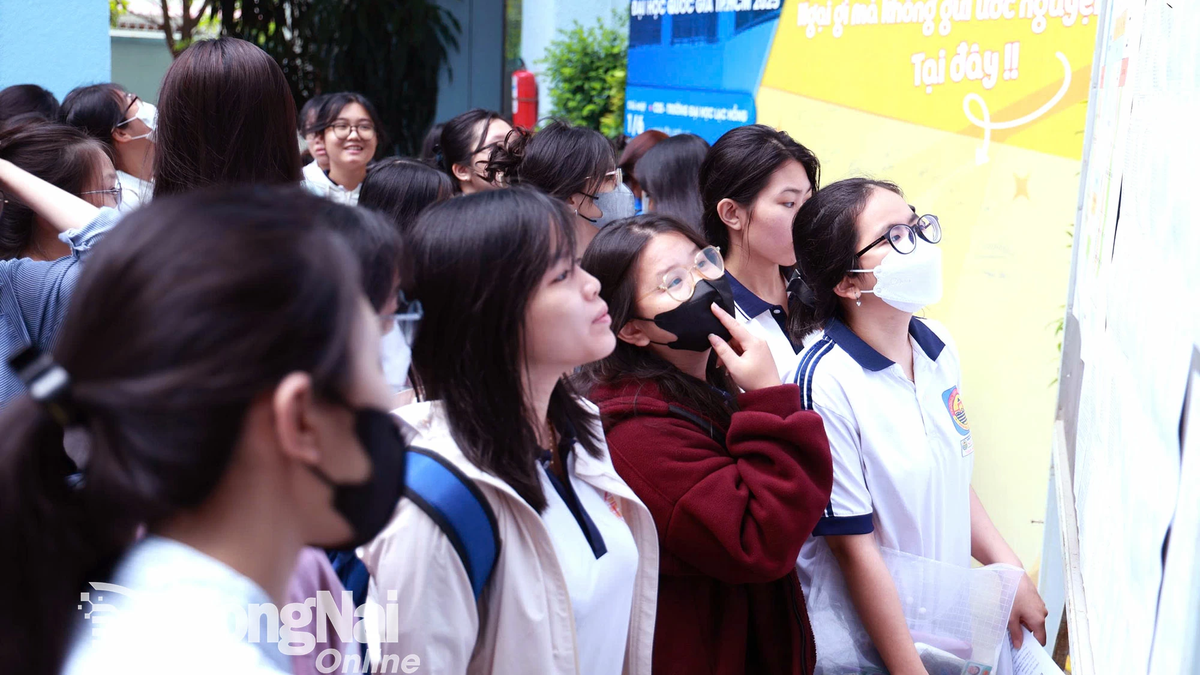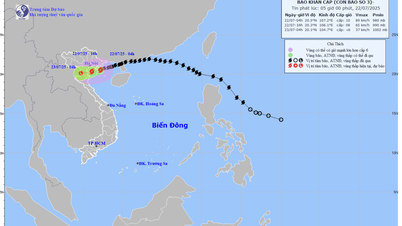However, according to a report from the Ministry of Finance , it is estimated that in the first two months of 2024, the disbursement of public investment capital only reached over VND 59,998 billion, equivalent to 8.7% of the total capital plan for 2024 and reaching 9.13% of the plan assigned by the Prime Minister.
There are 4 ministries, central agencies and 38 localities with good disbursement rates, above the national average. Estimated public investment capital payment nationwide by the end of February still has 32 ministries, central agencies with a disbursement rate of 0%; 6 localities have low disbursement rates of less than 5%. There are still many problems that need to be urgently resolved to achieve the disbursement target of 95% as required by the Prime Minister .
Specifically, according to the Ministry of Finance, the problem is related to capital allocation. Currently, there is about 25,291 billion VND that has not been allocated in detail; equal to 3.85% of the plan assigned by the Prime Minister. Of which, the unallocated central budget capital is mainly expected to be allocated to projects that are completing investment procedures. This relatively large amount of capital has affected the disbursement rate in the first months of the year.
Furthermore, February coincides with the Lunar New Year holiday, and ministries, central and local agencies are focusing on reviewing and synthesizing the need to extend the implementation period; regarding problems related to key national projects, the progress of site clearance at some projects is still slow. Regarding construction materials, the simultaneous implementation of many large transport projects in the same area leads to a shortage of materials during the construction process, especially earth, sand, stone, etc.
In fact, the slow disbursement of public investment capital has been going on for many years. It is worth noting that these are all obstacles due to many paradoxes of "making things difficult for oneself" and inherent bottlenecks.
The Ministry of Finance, through the process of inspecting and reviewing the capital allocation plans of ministries, central agencies and localities, discovered that "many units allocated to a number of projects that did not meet the disbursement conditions". The cause was also due to poor investment preparation, which resulted in capital waiting for projects.
The National Assembly and the Government have promptly amended and supplemented mechanisms, policies and legal regulations on public investment, contributing to removing difficulties and obstacles arising from practice and creating a legal framework for newly arising issues. However, there are shortcomings and limitations, especially in the implementation stage, from planning, determining investment targets, investment preparation, resource allocation for site clearance, construction implementation and disbursement.
To promote public investment disbursement, more synchronous and urgent participation is needed. Thoroughly overcome subjective causes that slow down the progress of public investment disbursement. The Ministry of Finance has requested localities to completely resolve site clearance work according to the required schedule, focusing on building resettlement areas and stabilizing people's lives.
Regarding the source of materials for construction, urgently determine sufficient material supply sources, coordinate with investors and contractors to complete procedures according to the special mechanism of the National Assembly and the Government, meet sufficient reserves and capacity according to construction progress; continue to immediately deploy working groups to inspect, urge, and remove difficulties and obstacles...
However, to overcome the situation of "having money but not being able to spend it", ending the "bottleneck" in disbursing public investment capital, experts said that it is necessary to promote discipline and administrative discipline. Resolutely not to spread investment, eliminate unnecessary projects, transfer capital from projects that cannot be disbursed to projects that can be disbursed, avoid waste and inefficiency.
Strengthening decentralization and delegation of authority associated with enhancing responsibility. In particular, strengthening discipline, administrative discipline, and individualizing responsibility to each individual in directing the organization of implementation of public investment allocation and disbursement.
In 2024, the large public investment capital plan will continue to put great pressure on capital disbursement. When public investment capital is allocated, slow disbursement will slow down the growth rate of the economy. If at the beginning of the year, public investment capital disbursement is cleared, the economic growth figures for the whole year will certainly be more positive.
Source






















![[Photo] National Assembly Chairman Tran Thanh Man visits Vietnamese Heroic Mother Ta Thi Tran](https://vphoto.vietnam.vn/thumb/1200x675/vietnam/resource/IMAGE/2025/7/20/765c0bd057dd44ad83ab89fe0255b783)


















































































Comment (0)